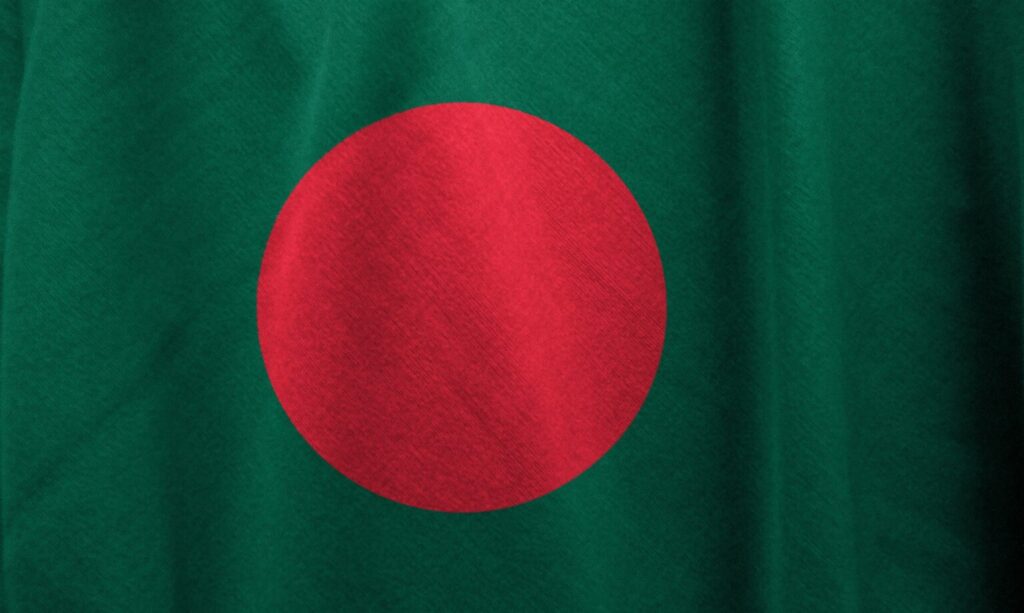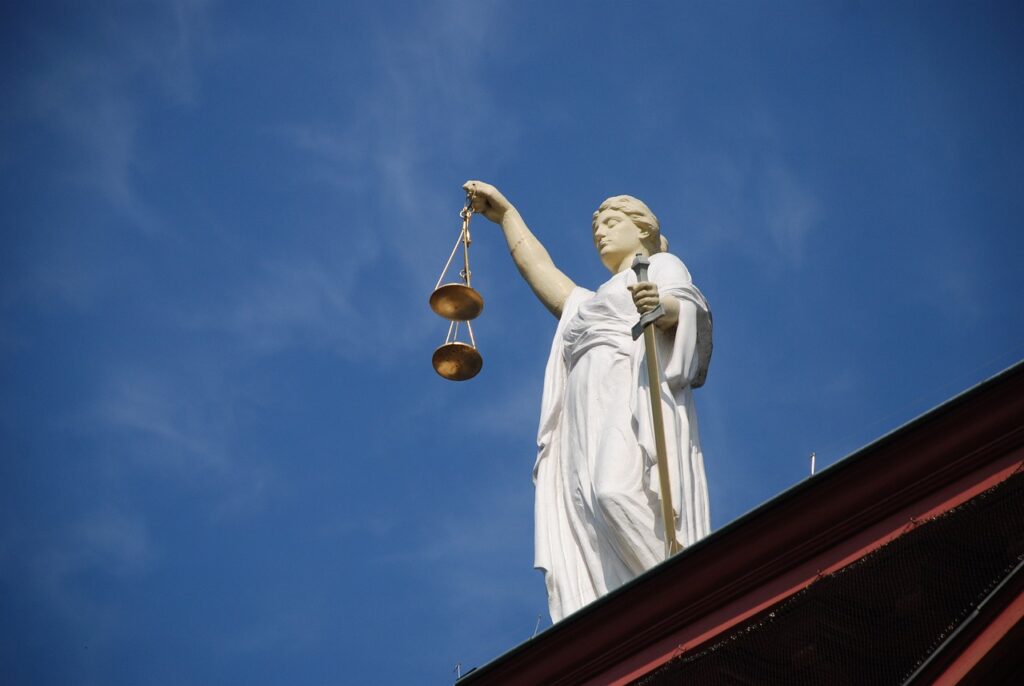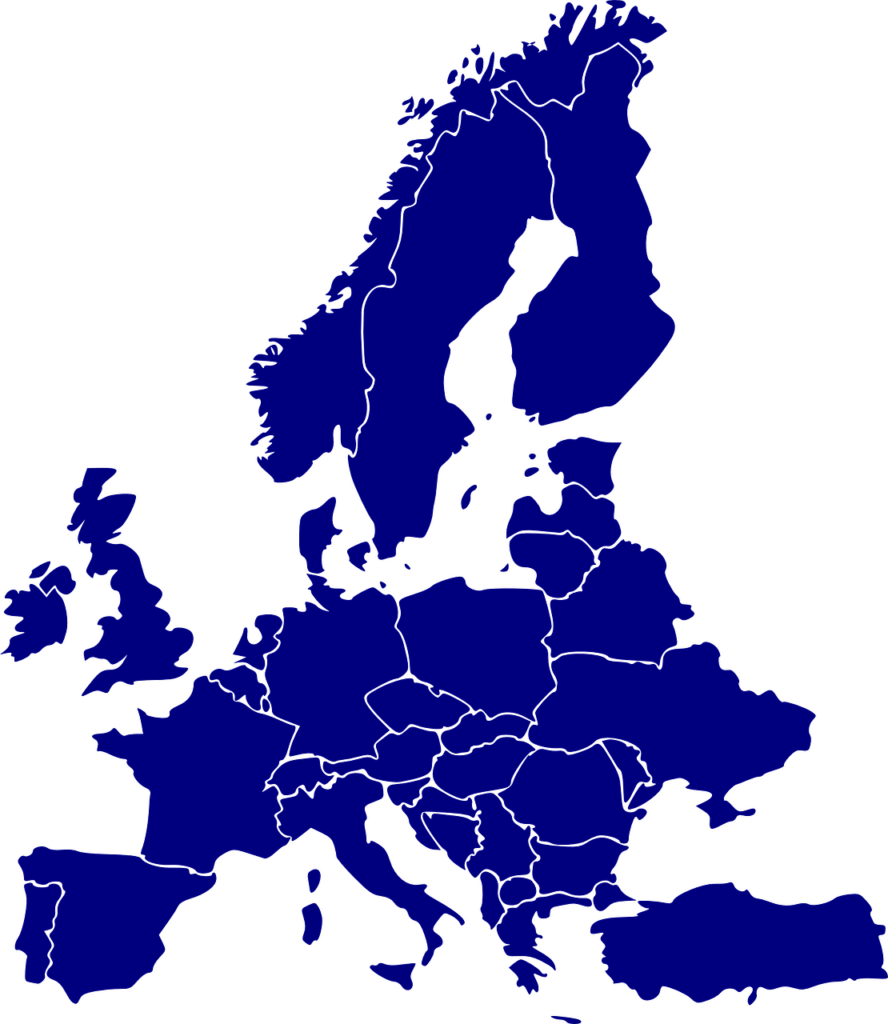NEWS FROM THE WORLD
Construction of a Roma Ethnic School in Rakúsy, Slovakia

At the turn of June and July, civil society opened a critical discussion on the steps taken by the Ministry of Education, Research, Development and Youth of the Slovak Republic (MINEDU) towards the establishment of a pilot Roma national school. On 21 June 2024, MINEDU, in cooperation with the municipality of Rakúsy, the University of Prešov in Prešov and the Association of Schools Teaching the Romani Language, signed a memorandum of cooperation for a period of 6 years on the establishment of a pilot Romani national school in the municipality of Rakúsy. The parties to the Memorandum declare that this project represents a significant step towards supporting the improvement of the quality of Roma nationality education in Slovakia, however, a part of the professional and civil public has raised critical arguments. Amnesty International Slovakia recommends that MINEDU reconsider the project, as MINEDU’s actions may lead to the legitimation of segregation, threatening the principles of equality and non-discrimination to which Slovakia is legally committed. The Roma Advocacy and Research Centre points out that MINEDU’s actions are not based on sufficient expert analysis and that the establishment of a Roma national school is not necessary for the education of children in the Roma language; on the contrary, the establishment of a national school entails the risk of deepening segregation and structural discrimination against the Roma population.
Student-Organised Protests against Quota Reform in Bangladesh Leave Dozens Dead

In the second half of July, student-organised peaceful demonstrations in Bangladesh encountered an unprecedented and unlawful use of force, arrests and detentions, and restrictions on internet access by the state. On 15 July 2024, the Dhaka University student community launched a peaceful protest against the re-adoption of quotas that would guarantee 30% of government jobs to children of war veterans. In 2018, in response to massive student demonstrations, the quotas were abolished. However, on 5 June 2024, the High Court of Bangladesh issued a judgement declaring the abolition illegal. The student community believes that the re-enactment of quotas would guarantee the jobs of government supporters. Since the first days of the demonstrations, violence has been used by the state, which has gradually intensified. Protesters, as well as members of the media and passers-by, have been the victims of blows, tear gas and gunfire. According to Amnesty International sources, the protests over the past period have resulted in over 200 deaths, at least 2 500 people wrongly arrested and 61,000 people charged. Also, Internet access has been restricted in the territory for the demonstrations. After a state pause on 21 July, the High Court of Bangladesh ordered a reduction in the quota from 30 per cent to 5 per cent. Still, demonstrations continue to seek justice for those killed, injured or arrested during the demonstrations.
International Court of Justice Declares Israel’s Occupation of Palestinian Territories Unlawful

On 19 July 2024, the International Court of Justice (ICJ) issued an advisory opinion on the legal consequences arising from the policies and practices of Israel in the Occupied Palestinian Territory (OPT), including East Jerusalem. The ICJ declares the State of Israel’s continued presence in the OPT unlawful. The ICJ issues several recommendations addressing the State of Israel, other States, and international organisations, carrying legal implications. The ICJ calls on the State of Israel to immediately end the occupation, evacuate, and compensate those affected in the OPT. Further, the ICJ calls on States, and international organisations not to support, nor recognize the occupation as legal. The decision of the ICJ is the result of two-week-long hearings that took place from 19 to 26 February in The Hague, with the participation of 53 countries and 3 international organisations. Many countries, including France, Belgium, Luxembourg, Spain and Ireland, recognised the full competence of the ICJ to hear the case and demanded an end to Israel’s settlement policy in the West Bank, the Gaza Strip and East Jerusalem. On the other hand, the UK, in conjunction with the US, Canada, Fiji, Hungary and Zambia, raised arguments in favour of the current security architecture for initiating proceedings in the case. Subsequently, the UK requested the ICJ not to render a judgement in the case, while the Netherlands recalled its statement of support for the occupation in the case of the exercise of the right of self-defence during armed conflict.
2024 Rule of Law Report: Slovakia Falls Declines in Human Rights, Placed at the Bottom of the EU Together with Italy and Hungary

On 24 July 2024, the European Commission (the Commission) released a working document 2024 Rule of Law Report, mapping the rule of law situation in the European Union (EU). The Commission focused on four key areas, so-called pillars. Specifically, it was justice, anti-corruption, media pluralism and freedom, and institutional checks and balances. The data came from the institutions, bodies, agencies and networks or local, international and transnational civil society organisations and associations in the EU. In addition, all EU Member States were invited to provide information on important rule-of-law milestones over the past period, following up on the implementation of the recommendations of the Rule of Law Report 2023. Since last year, Hungary, Slovakia and Italy have recorded a decline. The Commission criticises Slovakia for reforming criminal law in a fast-track legislative procedure without appropriate consultation. Moreover, the Commission criticises the dissolution of the Special Prosecutor’s Office and the Department for Corruption Prevention, as well as, the planned reorganisation of the National Criminal Agency (NAKA). In addition, the Commission expresses concern about the interference with the independence of the judiciary and its proper impact on the forthcoming National Anti-Corruption Strategy for the years 2024-2029. In the area of freedom of expression and the right to information, the Commission has noted threats to the independence of media services in Slovakia, in the context of the creation of a new public service broadcaster and the change in specific legislation which predetermines the governance of the new entity. According to the report, Slovakia has not made sufficient progress in democratising the lawmaking process. The 2024 Rule of Law Report makes a series of recommendations for Slovakia.
49th anniversary of the Helsinki Final Act and the Conference on Security and Cooperation in Europe

1 August marks the 49th anniversary of the adoption of the Helsinki Final Act, the so-called Helsinki Declaration. This Declaration was signed by 35 states as a result of the Conference on Security and Cooperation in Europe, held in Helsinki from 30 July to 1 August 1975. The Helsinki Declaration consists of four baskets, focused on security, economics, human rights and a schedule of further meetings. It was the third package that became important for human rights groups in the countries of Eastern Europe and Yugoslavia, on the basis of which these groups began to be institutionalised. Human rights entities began to establish Helsinki Monitoring Groups to record the progress of the implementation of the conclusions of the Helsinki Final Act. Among the significant activities was the monitoring of free elections. After the fall of the Iron Curtain, the conclusions of the Helsinki Final Act set new security and human rights frameworks that we rely on to this day.
Title image by ErikaWittlieb from Pixabay

